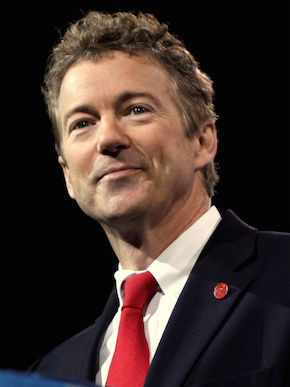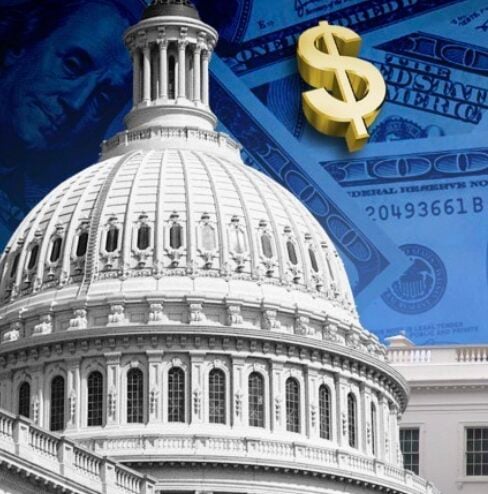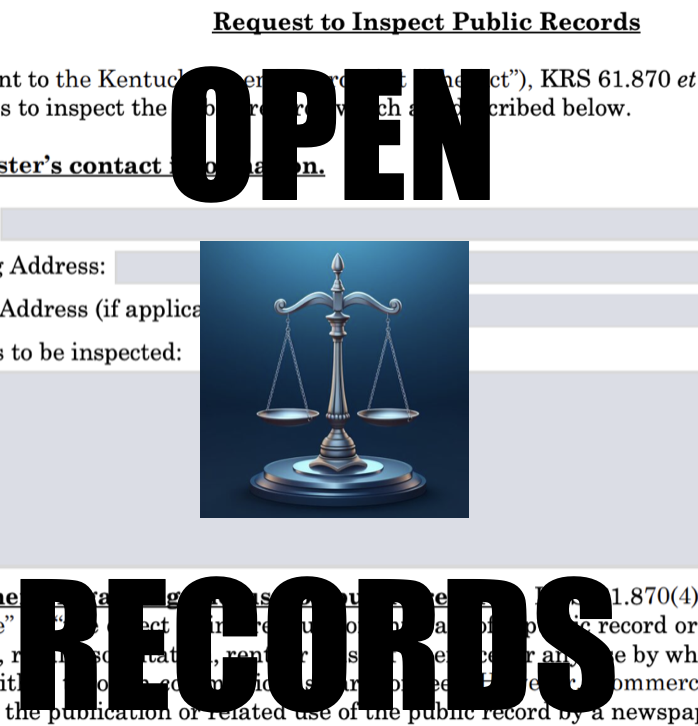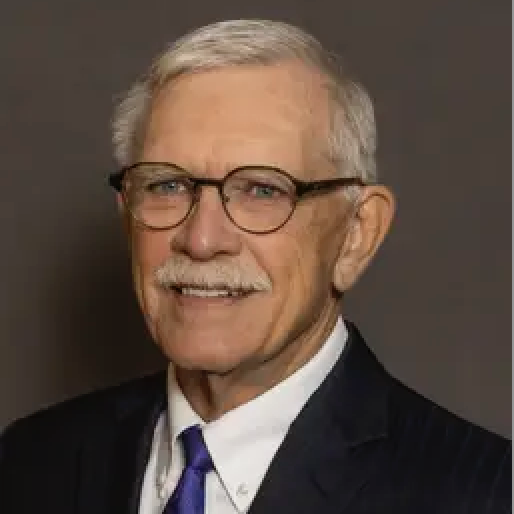With Rand Paul leaving the Presidential field, and the first votes have been cast in the very competitive Republican race, there seems to be some initial direction. Paul’s departure also opens up Kentucky’s March 5 Republican Caucus.
While Sen. Paul never really established himself to the extent his father did, there is a libertarian wing to the Republican Party, and with Paul out of the race it will be interesting to see where it goes.
The vote in Iowa showed that the evangelical Republican vote is sticking with Sen. Ted Cruz. He organized well, got good solid endorsements, and delivered on Election Day. However, until the Trump surge he had been leading the Iowa polls for months, and it was viewed as his strongest early state.

Also he really didn’t outperform the traditional Republican evangelical base as Huckabee got 34 percent in 2008 and Santorum received nearly 25 percent in 2012. At 28 percent, Cruz was right in the middle.
While Donald Trump underperformed the polling data, rather than losing his support to Cruz, who had also labeled himself as an outsider, Trump’s support appeared to go to Florida Sen. Marco Rubio. Rubio strongly outperformed his pre-election polling numbers. Trump and Rubio together got nearly half of the vote in what should have been Cruz’s strongest state. Perhaps the initial euphoria by supporters of Cruz is a little overblown.
The next election, the first real primary, will be Tuesday in New Hampshire. There are a lot of big questions for the Republican candidates that could be answered by the New Hampshire voters.
First, can Trump maintain his large lead in the New Hampshire polls after his weaker than expected showing in Iowa? Anything but a win in New Hampshire could spell the beginning of the end of the Trump adventure.
Second, can Cruz round up all the very conservative and evangelical vote in the Granite State to have a stronger than expected showing in what is one of the last bastions of moderate Republicanism?
Third, will Rubio consolidate his position as the leading opponent to Cruz and Trump? Bush, Kasich and Christie have all invested time and money in New Hampshire believing that the state better suits their politics than Iowa.
If Rubio defeats all four, their rational for staying in the race will have a harder time sounding credible. While one might run strong enough to hang around and continue to challenge Rubio on the experience issue, it is hard to see all three surviving after New Hampshire.
After New Hampshire the Republican race moves to South Carolina, where Cruz’s brand of conservatism and religious ideology should play well.
However, Trump has had a commanding lead in the polls, and if he survives New Hampshire this will be the next big test to see how well his brand does in a Southern state with a large number of evangelicals. If Trump wins convincingly in New Hampshire, South Carolina could become the tiebreak between he and Cruz.
It will also serve as one last chance for one of the governors to challenge Rubio for the position as Trump/Cruz challenger.
Conservative Republicans have been arguing for years that the reason Romney and McCain lost is that they were not “true conservatives.” With Cruz they get a candidate who is probably the furthest right Republican since Barry Goldwater in 1964, and that did not end well. But Ronald Reagan definitely moved the country to the right, so there could be a different result.
Trump brings his own political movement that doesn’t fully embrace the Cruz religious right or Cruz’s no compromise approach to public policy. Deal making is central to Trump and the willingness to work with Democrats and other Republicans could be major differences if both Trump and Cruz remain leading candidates.
Finally, Rubio seems to be a more reasonable conservative alternative. He did work to forge a middle ground on immigration, and he was Speaker of the Florida House when much of Gov. Jeb Bush’s legation was approved.
This is going to be an intriguing few weeks for political junkies following the Republican race.
Tom Block is a public policy consultant who had a 21-year career with JP Morgan Chase where he served as head of government relations in New York City and created a Washington research product. He also created the bank’s EU Government Relations program and developed a new position as U.S. Government Policy Strategist focusing on how U.S. government policy impacts capital markets. He has an extensive government and banking background, has worked on political campaigns and as a speech writer. He is a family trustee of Bernheim Arboretum in Louisville and holds a bachelor’s degree in political science from American University. He and his wife make their home in Kentucky. He is a regular contributor to nkytribune.com. Contact him at tomblockct@aol.com.



















I honestly thought he would last through the Kentucky caucus, coming in third, and then bail out. Maybe he decided that he should take the Senate race more seriously.